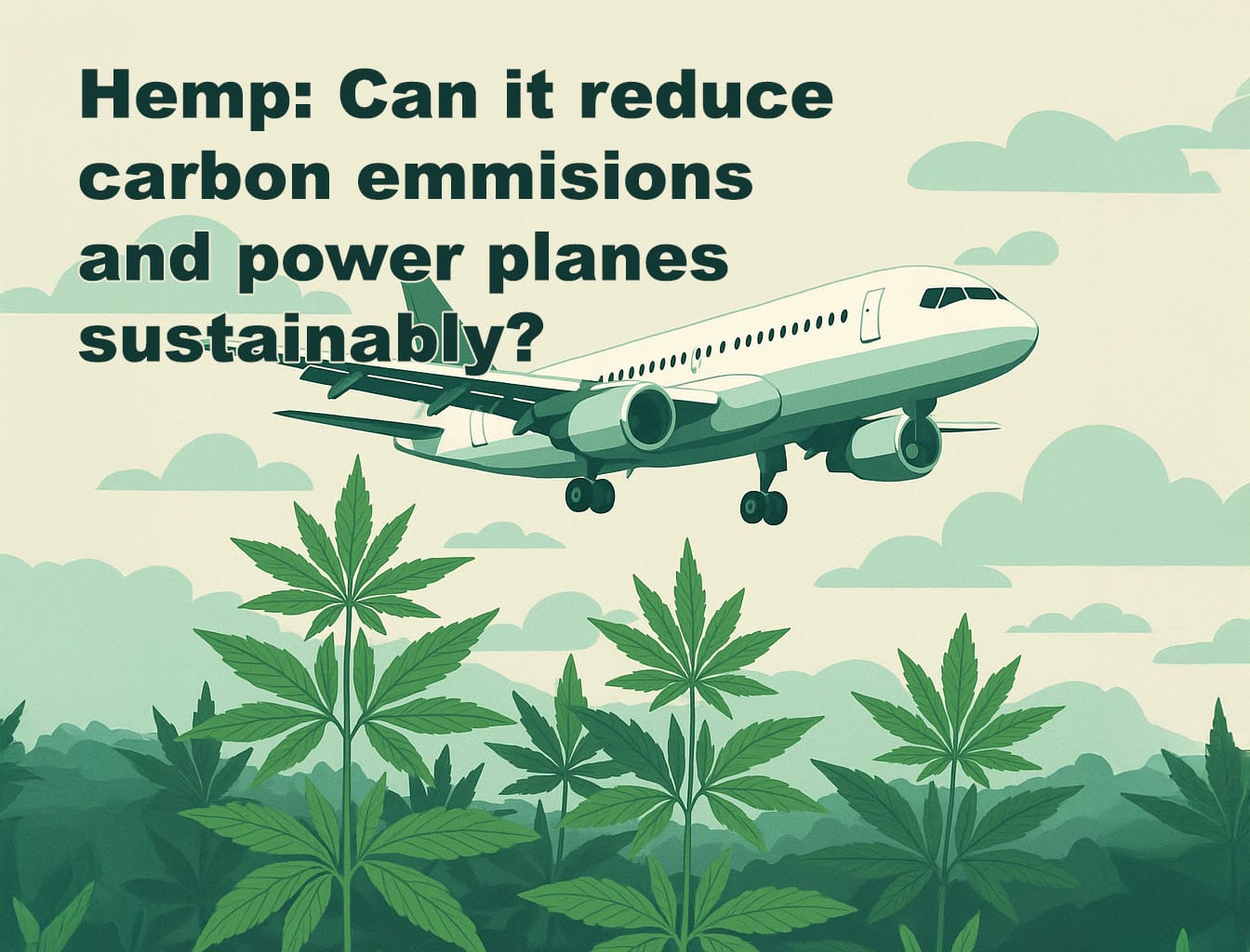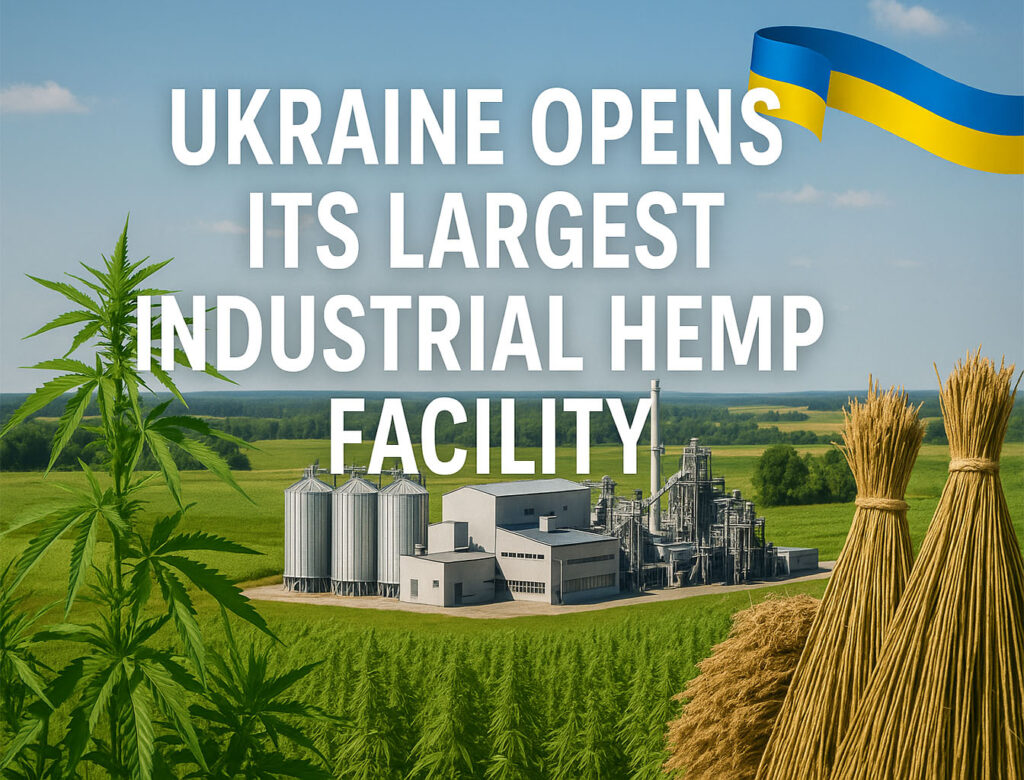
Blog
Hemp in Aviation: Can It Reduce Carbon Emissions and Power Planes Sustainably?

Introduction
As the aviation industry faces mounting pressure to reduce carbon emissions, innovators are exploring alternative fuel sources. One emerging solution is hemp, a versatile crop with both environmental and industrial benefits. Recent initiatives suggest hemp could play a role not only in carbon capture but also as a sustainable biofuel for planes. Could hemp be the future of eco-friendly aviation?
The Aviation Emissions Challenge
Air travel is responsible for roughly 2–3% of global carbon dioxide emissions, and demand is projected to rise in the coming decades. Traditional jet fuel is petroleum-based, contributing heavily to climate change. To meet international climate goals, the aviation sector must adopt cleaner alternatives without sacrificing performance or safety.
Why Hemp?
Hemp offers unique qualities that make it attractive as a sustainable aviation resource:
- Carbon Capture: Hemp absorbs more CO₂ per hectare than many other crops, making it a natural tool for offsetting emissions.
- Renewable Biomass: Its fast growth cycle and adaptability mean it can provide consistent biomass for biofuel production.
- Non-Food Crop: Unlike corn or soy, hemp does not compete with food supply chains, reducing ethical concerns about biofuel sourcing.
From Plant to Jet Fuel
Researchers are investigating processes to convert hemp biomass into bioethanol, biodiesel, or sustainable aviation fuel (SAF). The goal is to produce a fuel that performs comparably to kerosene but with a significantly lower carbon footprint.
In addition to fuel, hemp fibers and oils may also contribute to developing lightweight composites for aircraft manufacturing, potentially reducing weight and fuel consumption.
Environmental Benefits
Integrating hemp into aviation could deliver multiple benefits:
- Reduction of net CO₂ emissions through both carbon capture and cleaner combustion.
- Soil regeneration and biodiversity support, as hemp grows with fewer pesticides and enriches farmland.
- Circular economy opportunities, where hemp residues are repurposed across industries.
Challenges and Next Steps
Despite its potential, several challenges remain:
- Scaling Production: Global hemp cultivation must expand significantly to meet aviation demand.
- Regulatory Hurdles: Aviation fuel certification is strict, requiring extensive testing before hemp-based fuels can be widely adopted.
- Economic Viability: Production costs must compete with fossil fuels and other biofuels.
Governments, researchers, and the aviation industry will need to collaborate to bring hemp aviation fuel from concept to commercial reality.
Future Outlook
With sustainability now a top priority in aviation, hemp represents a promising path forward. While large-scale adoption will require time and investment, hemp’s dual role as a carbon sink and renewable fuel source positions it as a valuable player in the push for greener skies.
FAQs
Can hemp really power planes?
Yes, hemp biomass can be converted into biofuels that meet aviation standards. Research is ongoing to ensure safety and performance at scale.
How does hemp compare to other biofuel crops?
Hemp grows faster, requires less water, and captures more carbon than many common biofuel crops, making it a strong sustainable alternative.
When will hemp aviation fuel be available?
Pilot projects are in early stages. Widespread use could take several years, depending on regulatory approvals and industry adoption.
Disclaimer: This blog is for informational and educational purposes only. We review and reference available studies and reputable sources; however, content may not reflect the most current research or regulations and should not be taken as medical, legal, or professional advice. We do not make or imply health claims. Products mentioned are not intended to diagnose, treat, cure, or prevent any disease and statements have not been evaluated by EFSA or the FDA. Effects can vary between individuals. Always consult a qualified healthcare professional before use and verify that any product or ingredient is lawful in your jurisdiction.




